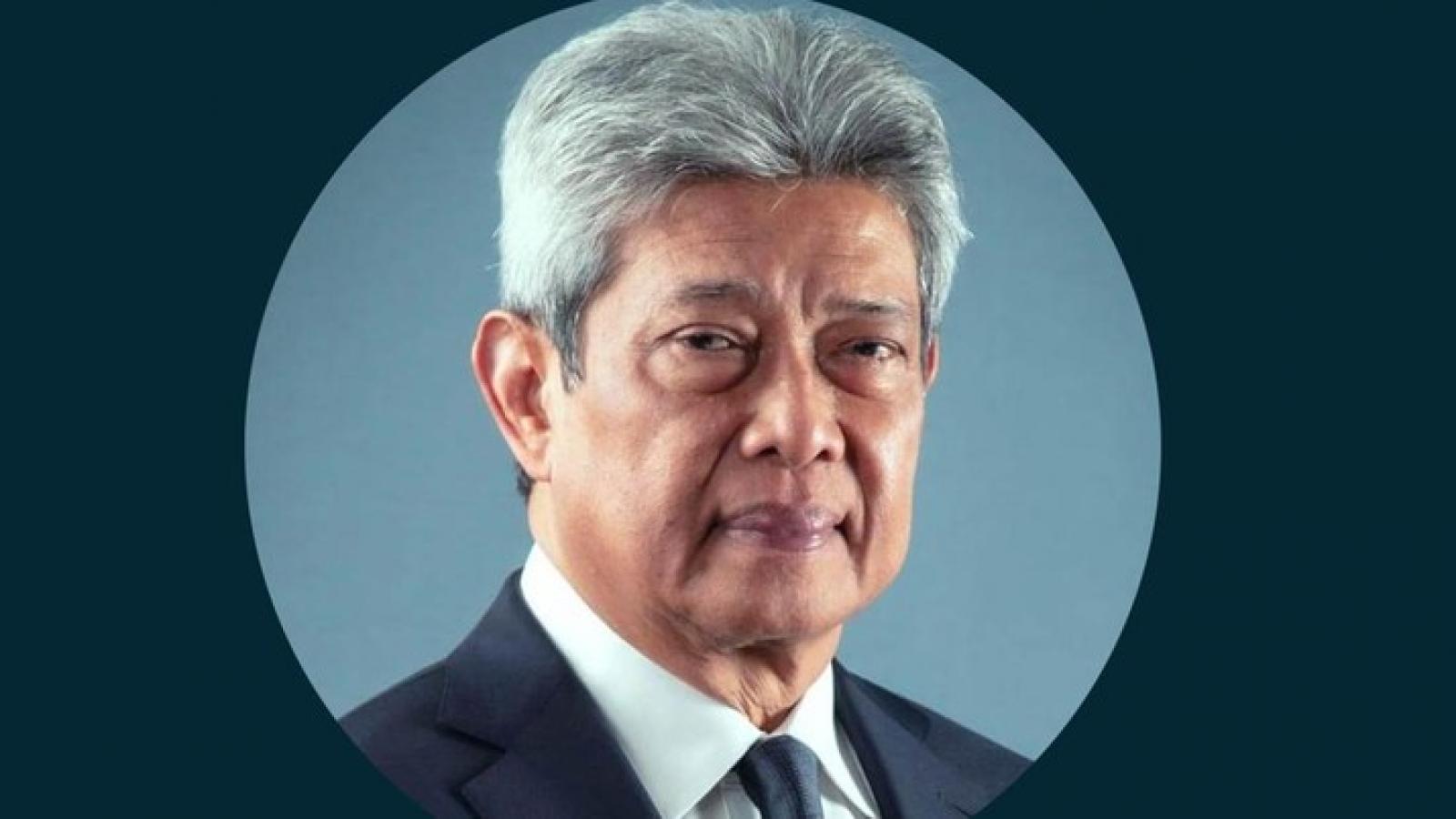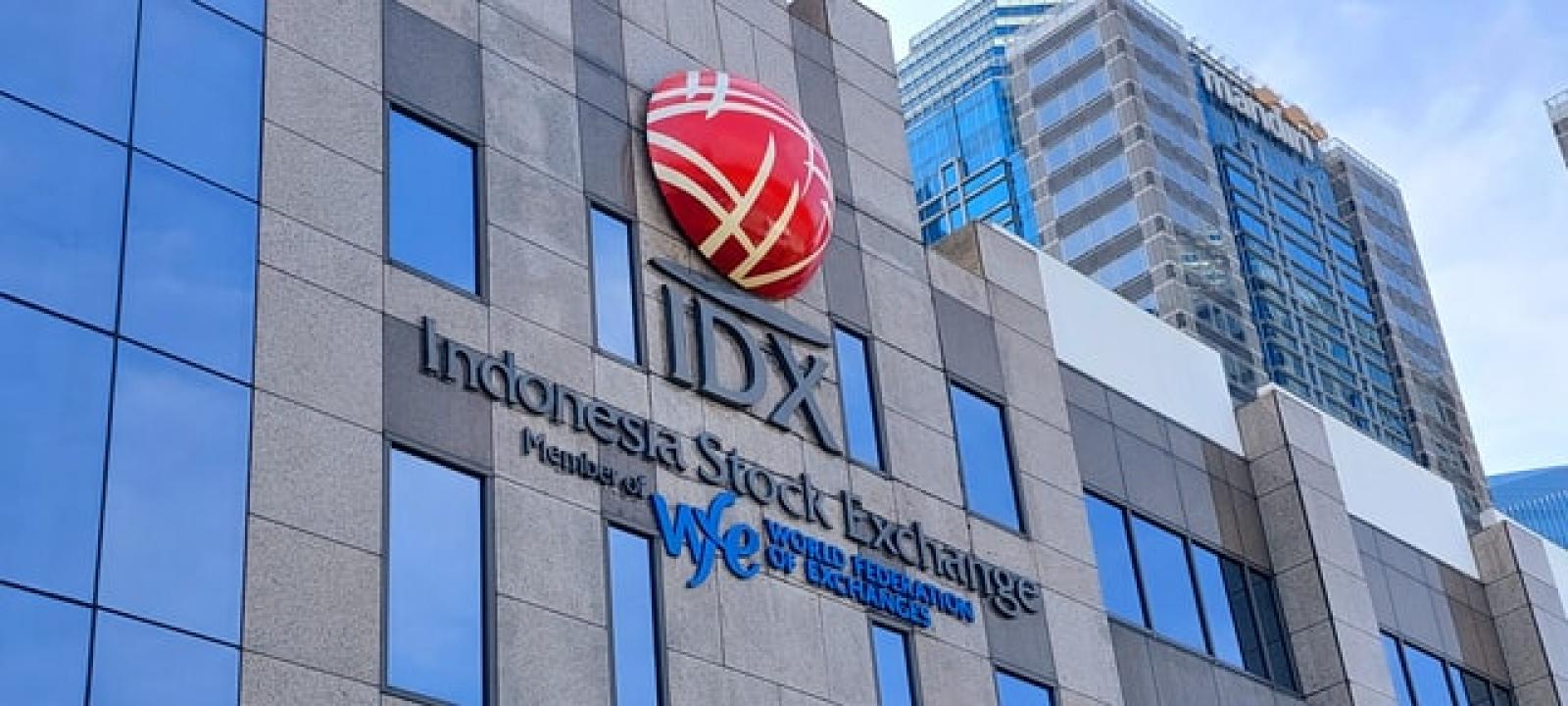
Asian stocks ended mixed on Monday, with mainland Chinese and Hong Kong markets closing sharply higher on stimulus euphoria while Japanese markets succumbed to selling pressure after Japans governing party chose Shigeru Ishiba, a critic of the countrys longstanding ultralow interest rates, as its leader.
Chinas factory activity shrank for a fifth straight month in September but there was some improvement in the overall economic sentiment, an official survey showed.
The non-manufacturing business activity posted steady performance in September and PMIs from the private survey underperformed, reflecting broader weakness in both manufacturing and services.
A surging yen steadied today after Ishiba called for a loose monetary policy, saying the countrys monetary policy must remain accommodative as a trend.
Geopolitical tensions remained on investors radar after Israeli military carried out an air raid on target in the heart of Lebanons capital for first time in years.
Gold held steady in Asian trading ahead of Fed Chair Jerome Powells speech later in the day and upcoming U.S. jobs data.
Oil prices climbed more than 1 percent in response to Chinas stimulus efforts and developments in the Middle East over the weekend.
Chinese stocks rose for the ninth consecutive day and extended one of their most remarkable turnarounds in history after three of Chinas biggest cities eased curbs on home-buying and the countrys central bank announced to lower mortgage rates for existing home loans before October 31.
The benchmark Shanghai Composite index surged 8.06 percent to 3,336.50 while Hong Kongs Hang Seng index jumped 2.43 percent to 21,133.68.
Japanese markets slumped after Ishiba expressed support for the Bank of Japans moves to raise interest rates from their near-zero level and also backed other policies, such as possibly raising corporate taxes.
The Nikkei average tumbled 4.80 percent to 37,919.55 while the broader Topix index closed 3.47 percent lower at 2,645.94.
Automakers Honda Motor, Toyota and Nissan plunged 6-8 percent after the dollar fell from over 146 yen to under 143 yen.
Seoul stocks fell sharply as investors awaited more U.S. economic data this week for additional clues on the rate outlook. The Kospi average fell 2.13 percent to 2,593.27. Tech heavyweight Samsung Electronics lost 4.2 percent and SK Hynix gave up 5 percent.
Australian markets rose notably to hit a new record high as Chinas sweeping stimulus measures aimed to rejuvenate its property market boosted mining and energy stocks.
The benchmark S&P/ASX 200 inched up 0.70 percent to 8,269.80 while the broader All Ordinaries index settled 0.73 percent higher at 8,538.40.
Across the Tasman, New Zealands benchmark S&P/NZX-50 index dipped 0.27 percent to 12,423.82.
U.S. stocks ended mixed on Friday as AI investor favorite Nvidia led a broad selloff for chipmakers, offsetting soft PCE inflation report and data showing strong sentiment among U.S. consumers.
Data showed the Feds preferred measure of inflation slowed to 2.2 percent in August from 2.5 percent in July, compared with economists expectations of 2.3 percent.
Core PCE remained sticky at 2.7 percent, raising concerns the Fed may not go for consecutive rate cuts.
The Dow edged up 0.3 percent to a new record closing high, while the tech-heavy Nasdaq Composite and the S&P 500 shed 0.4 percent and 0.1 percent, respectively.





